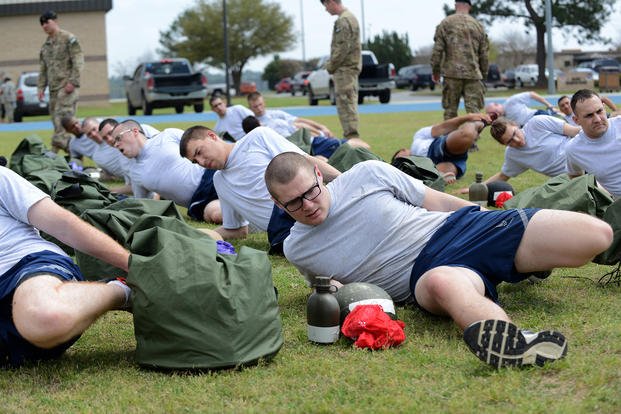Fitness
The Importance of Improved Flexibility and Mobility for Military Fitness Training

As we transition into retirement or after a demanding career in tactical professions or a long athletic history, it’s smart to incorporate flexibility and mobility exercises into our workout plans. The exciting part of this journey is the adaptability of these sessions. You have the power to make them work for you when you need them. Here’s a question from a retired Army veteran who’s considering increasing his weekly sessions:
“I am finding that the once-a-week mobility day is, in fact, ‘life-changing,’ as you stated, but I think I need to do more weekly sessions. Do you recommend adding a second or daily mini-session to the week? I am 62 years old as well. Thanks”
I’ve found that incorporating mobility days into my routine has been life-changing after the age of 45, but I wish I had thought of doing it much earlier in life. I plan to continue this practice as I age. However, all ages can benefit from a mobility day in their training week.
Even if you’re not familiar with the concept, it’s a straightforward routine of five minutes of nonimpact cardio, followed by five minutes of stretching, massaging or foam rolling, and then continued for 45-60 minutes. While the young may not need it for the same reasons, practicing mobility can enhance performance in running, swimming and treading water.
Here are some options for increasing the number of sessions you do each week. I, too, have found that mini-sessions after the workout are now a mandatory function that should not be skipped.
Adding Mini-Sessions
At the end of a workout, take 10 minutes to cool down with activities such as walking or biking at a leisurely pace. This cooldown can be beneficial, especially if you add 10-15 minutes of stretching, massage tools or foam rolling, as needed, after the cooldown cardio.
You can add these to the end of the day if you do not have time immediately after the workout. For instance, after the evening meal, go for a quick 10- to 15-minute walk or bike ride and then stretch afterward for the same amount of time. These nightly walk and stretch routines have helped with overall flexibility and make the morning less painful when getting started for early workouts.
Add a 2nd Mobility Day Per Week
A midweek mobility day (Wednesday or Thursday) has been helpful for the last 10 years. Still, as I near my 60s, I am adding a second day of mobility, flexibility and nonimpact cardio. You can do these two ways. Split the five-day week and do mobility days on Tuesday/Thursday or keep with your one day during the week and add a second session on the weekend. A Sunday morning mobility day has been an excellent addition to the week and has helped me prepare for Day 1 of the following week.
The beauty of this day is that it is up to you when you add it to the week. I do it when I feel I need it. Some weeks after a slight injury or illness, I have only done mobility days for the entire week, mainly as a placeholder so I do not get used to skipping morning workouts.
My final advice is to mix it up with a wide variety of stretches, movements, and massage tools and nonimpact cardio sessions spread throughout the week when needed. But two long sessions and 3-4 mini-sessions will be an awesome addition to your training that I promise you will feel the difference every day you do it.
Want to Learn More About Military Life?
Whether you’re thinking of joining the military, looking for fitness and basic training tips, or keeping up with military life and benefits, Military.com has you covered. Subscribe to Military.com to have military news, updates and resources delivered directly to your inbox.









